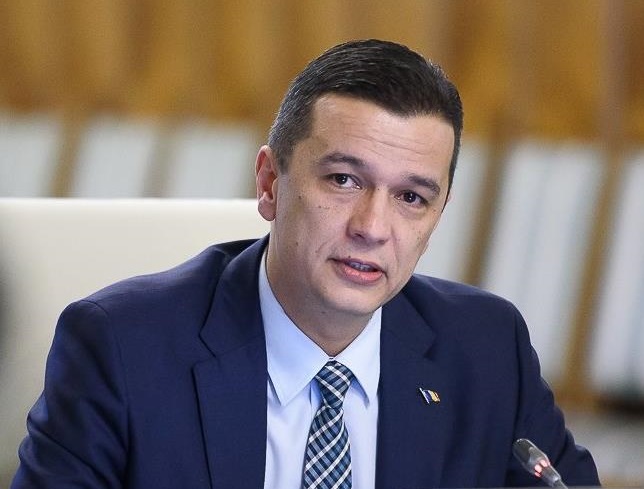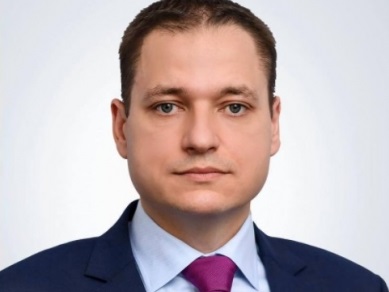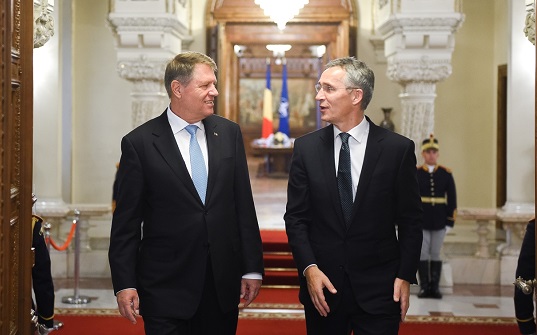Romania's election calendar for 2016

In 2016 Romanians will be called for two sets of elections, locals which are set for early June, and Parliamentary elections to be organized at the end of November or early December. There are some important changes regarding the election process that were adopted by the Parliament in 2015, namely the law of political parties, the financing of political parties, the law of local elections, parliamentary elections law and postal voting law which allows Romanians from abroad to vote electronically.
The postal voting adopted in parliament, will apply to parliamentary elections, being the first time that this vote is implemented for the Romanians in the diaspora.
For local elections, the most important novelty is that the law provides for a single round election of mayors and presidents and vice presidents of local and county councils. Another amendment of the law is that EU citizens can be elected mayors.
For the parliamentary elections, Romanians will once again vote on party lists, thereby reducing the number of deputies and senators from the one in 2012, when it was in force the uninominal vote. The rules of representation are a deputy of every 73,000 inhabitants and one senator for each 168,000 inhabitants. This rule means a total of 466 elected, a number very close to that of 2008, compared to 588 who had been elected in 2012, but much higher compared to 300 as was voted in a referendum in 2009.
Regarding the law on parties, starting 2015, parties may be established by at least 3 members. On the other hand, they must have, alone or in alliances, candidates in 75 localities in local elections or in a county full parliamentary elections, otherwise they will be dismantled. The law also removed the list of supporting signatures of 25,000 founding members as previously requested.
For the parties and campaign financing law, the novelty is that the parties that passed the threshold of three percent will have the expenses disbursed from the budget election campaigns. If a party has obtained at least three percent, the Permanent Electoral Authority reimburses only amounts of expenditure incurred in the constituency in which he obtained at least three percent of valid votes.
A new source of financing of political parties will be lending money from individuals and companies. In contrast, during the election campaign contributions may be filed by the candidate or the financial agent of donations only from individuals of their own income or from loans to individuals or contracted with banking institutions.






